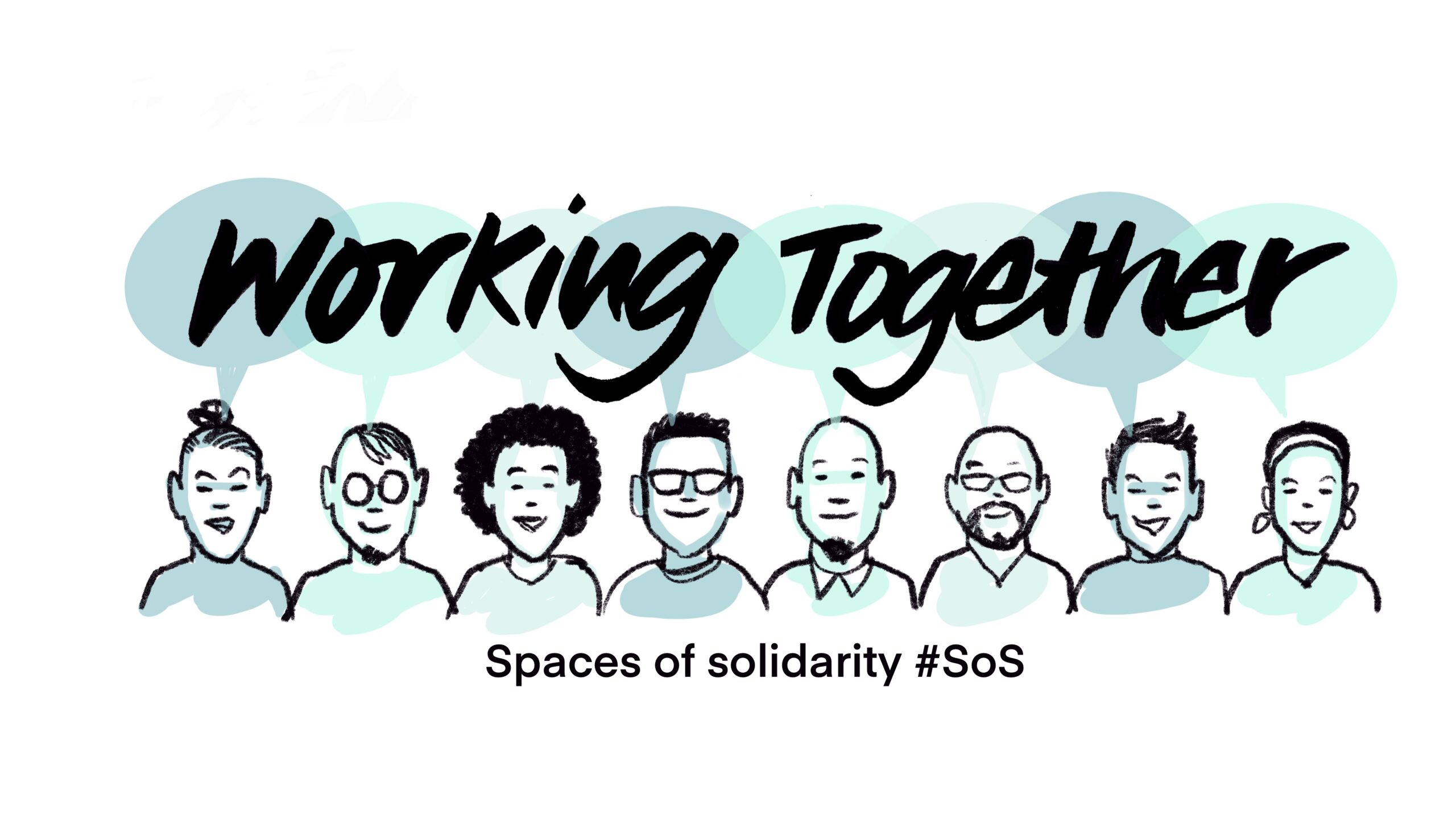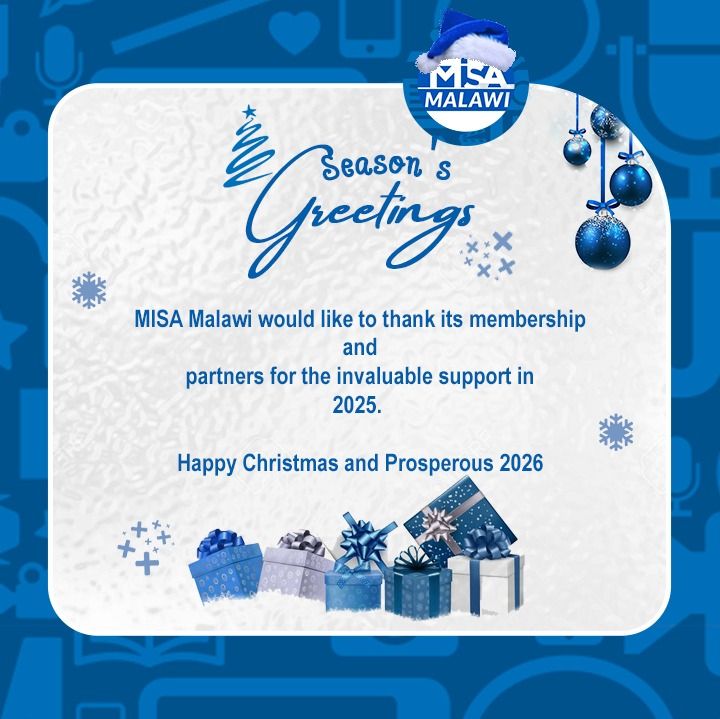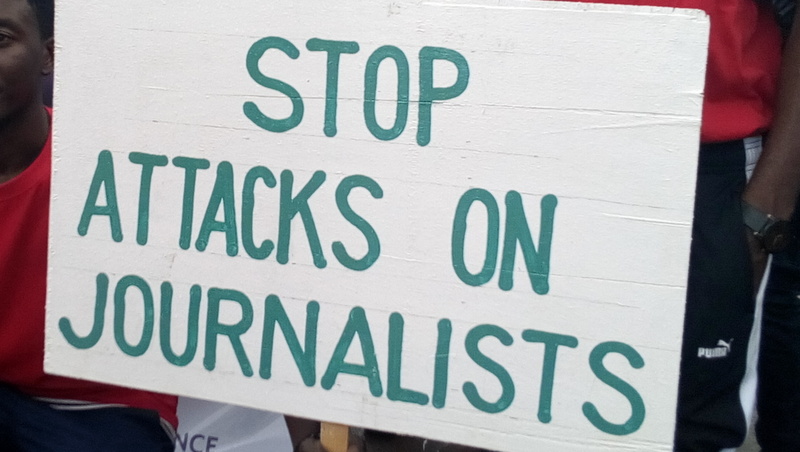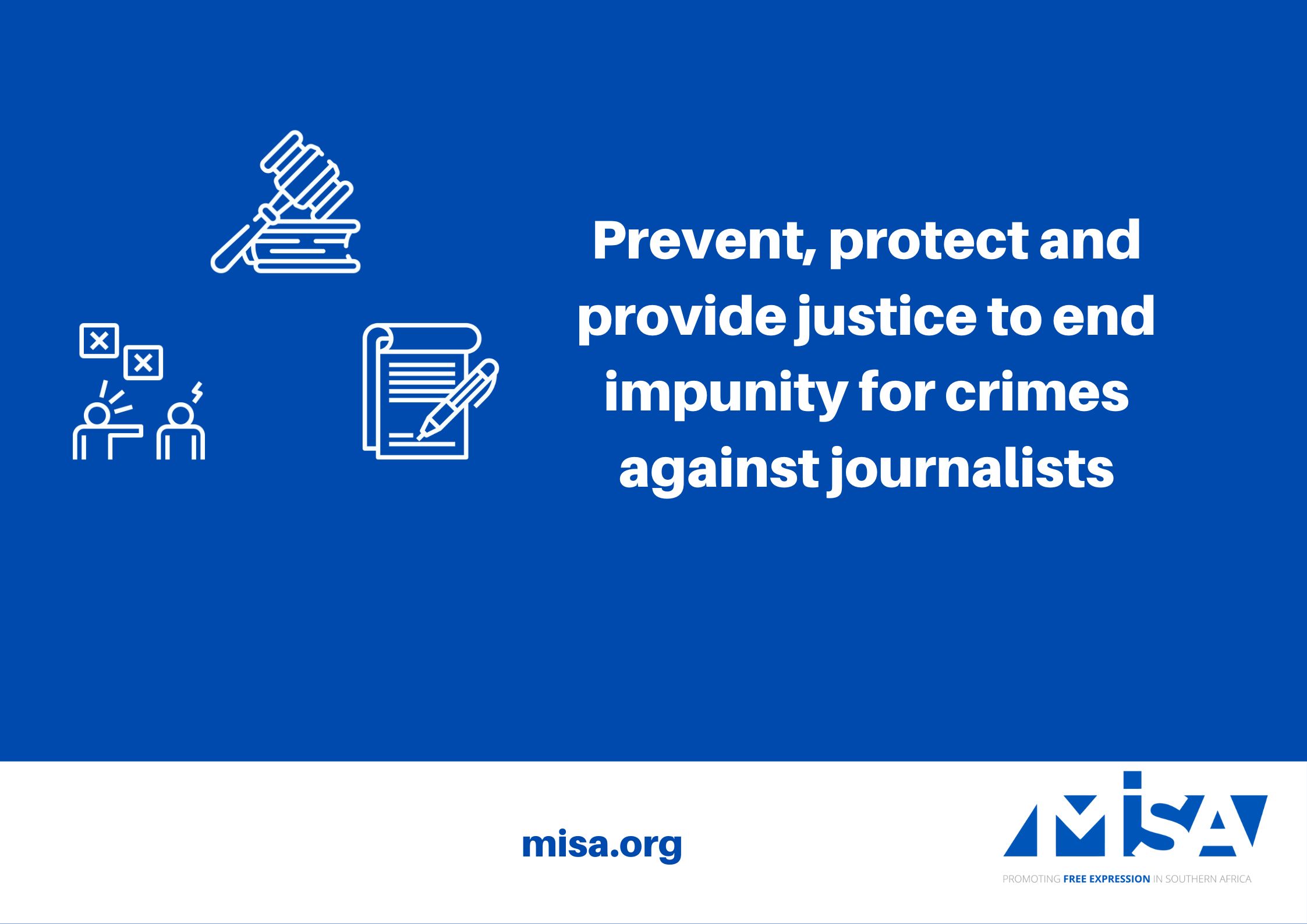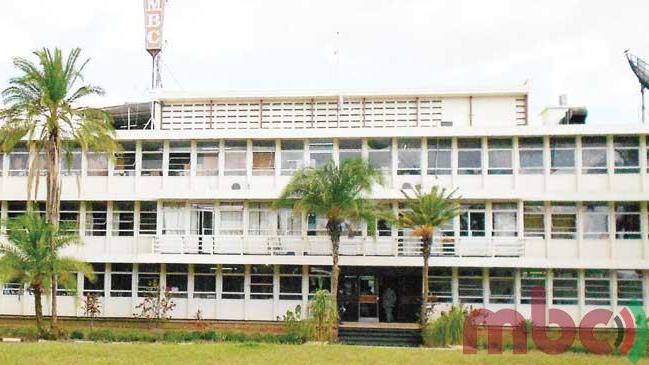20 – 22 October 2022
Johannesburg
South Africa
We, the participants to the Spaces of Solidarity during a meeting held in Johannesburg, South Africa, between 20 – 22 October 2022, resolved that:
- Reaffirming our commitment to freedom of expression and of the media in Southern Africa on the basis of Article 19 of the Universal Declaration of Human Rights (UDHR), which states:
Everyone has the right to freedom of opinion and expression; this right includes freedom to hold opinions without interference and to seek, receive and impart information and ideas through any media and regardless of frontiers.
- Recognising the importance of a free and safe media as a cornerstone of an open society
- Cognisant of the centrality of digital rights and the importance of media; literacy in enhancing freedom of expression and democracy in Southern Africa;
- Alarmed at the shrinking civil society space in Southern Africa;
- Concerned with the increased attacks on media workers and the deterioration in the safety of journalists as illustrated by the enforced disappearance of the Mozambican journalist, Ibrahimo Mbaruco in 2020, the arson attack on Canal de Moçambique newsroom in August 2020, and Azory Gwanda who disappeared in 2017 only for the Government of Tanzania to declare him dead in 2019;
- Troubled by the seeming regional consensus to enact laws that promote the surveillance of citizens online;
We, therefore commit to:
- Work together in solidarity to support, develop and strengthen resilient media systems in Southern Africa.
- Develop a new support mechanism for collaborative campaign work on the basis of the Spaces of Solidarity meeting to highlight attacks on free speech and media freedom, including using key anniversary dates like World Press Freedom Day (3 May).
- Take effective steps to analyse trends on media freedom in the region, identify emerging issues, build coalitions of campaigners around threats on media freedoms and campaigning to end these together.
- Provide a platform to advocate for improved safety of journalists, expansion of civil space and enhanced cyber security.
- Reaffirm the importance of access to information laws as enabling legislation from which other rights may be enjoyed.
- Support like-minded organisations in advocacy for access to information, safety of journalists, digital rights, and an improved civil society space.
- Undertake monitoring, advocacy, research, policy development, awareness raising, on access to information legislation, cybersecurity, digital rights and the safety of journalists.
- Reiterate our commitment to working together to ensure the effective realisation of the commitments outlined in these resolutions.
The resolutions set out principles of the Spaces of Solidarity, which are key for the organisations working on the promotion and defence of expression in Southern Africa and guiding the way forward in pursuit of the set objectives.
The resolutions were adopted by stakeholders present at the first Spaces of Solidarity (SoS) meeting held between 20 to 22 October 2022 in Johannesburg, South Africa. The Spaces of Solidarity platform is open to more like-minded civil society organisations and remains open to like-minded organisations bound by the same values joining in the solidarity efforts.
The resolutions are endorsed by the following organisations which were present at the meeting:
Amnesty International Southern Africa Regional Office
Bloggers of Zambia
Centre for Innovation and Technology
eBotho Cyberspace
Ink Centre for Investigative Journalism
Media and Information Literacy Initiative
Media Council of Malawi
Media Institute of Southern Africa (MISA)
MISA Botswana
MISA Lesotho
MISA Malawi
MISA Mozambique
MISA Tanzania
MISA Zambia
MISA Zimbabwe
MNN Centre for Investigative Journalism
Namibia Media Trust
PANOS Southern Africa
The Hub Lesotho
University of Pretoria Centre for Human Rights
Women in News
For further inquiries or information, contact the SoS technical team at: regional@misa.org or nqaba@misa.org.




